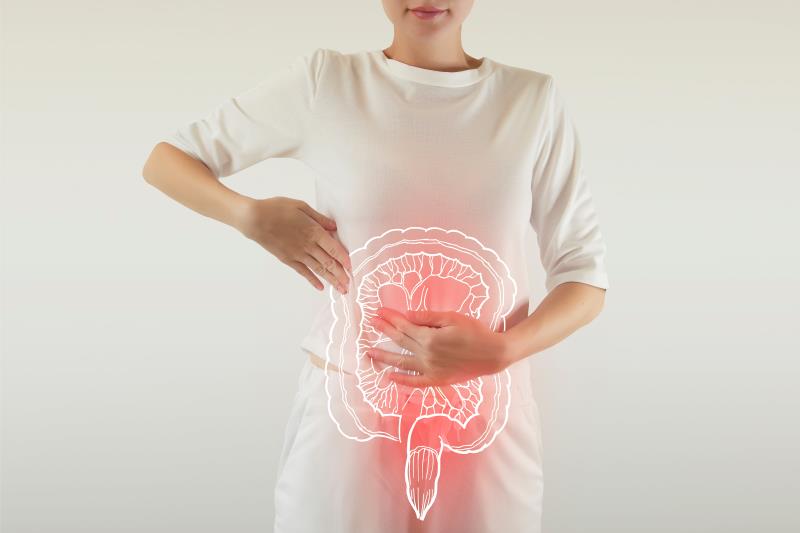
High faecal calprotectin concentrations may be predictive of microscopic colitis in patients with chronic watery diarrhoea, a recent study has found.
Ninety-four patients underwent colonoscopy due to chronic water diarrhoea and were included in the analysis. Faecal samples were obtained 1–2 days before colonoscopy and subjected to enzyme-linked immunosorbent assays for the measurement of calprotectin levels. Thirty participants (mean age, 65.3±3.1 years; 80 percent female) had microscopic colitis; the remaining 64 (mean age, 52.2±1.9 years; 80 percent female) were designated as controls.
Researchers identified that the optimal cutoff for faecal calprotectin was >100 µg/g. At this threshold, the area under the curve was 0.73±0.06 (p<0.0001) for the prediction of microscopic colitis. The corresponding sensitivity and specificity values were 67 percent and 75 percent, respectively.
Similarly, this cutoff value yielded a positive and negative predictive values of 53 percent and 84 percent, respectively, for the diagnosis of microscopic colitis. When used as a triage tool, faecal calprotectin would have saved 10 of 30 microscopic colitis patients from undergoing colonoscopy.
Multivariate logistic regression analysis found that being diagnosed with microscopic colitis was significantly associated with having elevated faecal calprotectin levels (odds ratio [OR], 6, 95 percent confidence interval [CI], 2.2–16.3; p<0.001). The inverse was also true: elevated levels of faecal calprotectin significantly increased the risk of microscopic colitis (OR, 5.3, 95 percent CI, 2–14.1; p=0.001).